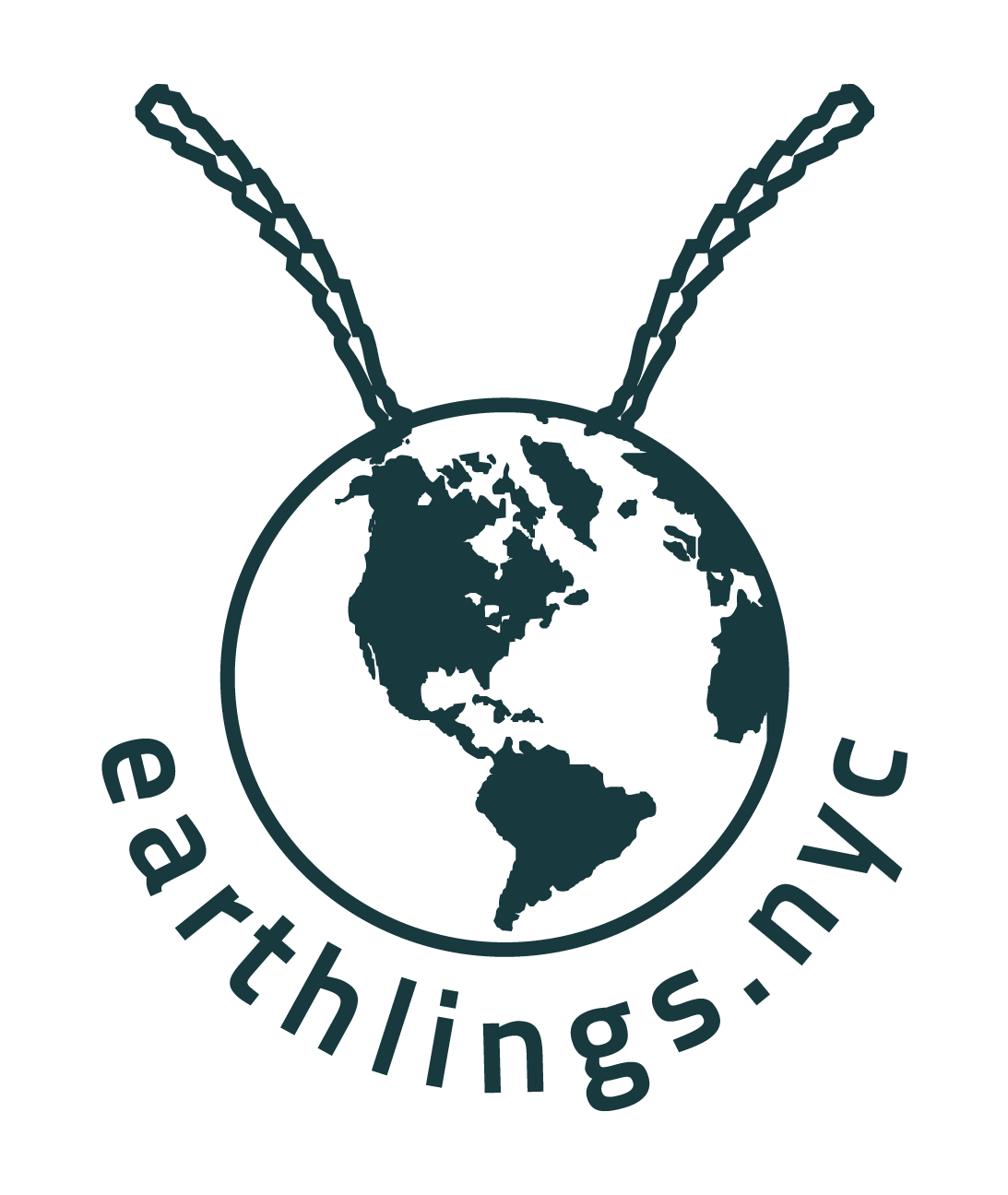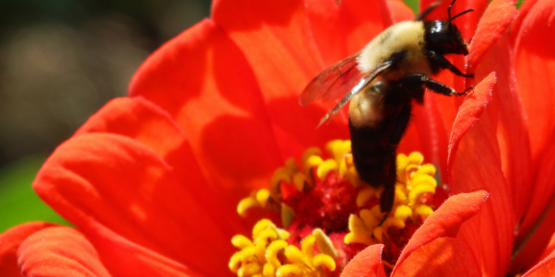Rooftop Ecology Field Station
A Native Pollinator & Native Turtle Sanctuary
This exploratory urban ecology project is piloted by two local nonprofit initiatives: the Skylight Farm Lab (part of Seeds to Soil) & Earthlings.NYC. Utilizing outdoor rooftop space made available by the Guild for Good (Prime Produce Apprentice Cooperative’s member-run space and community center in Hell’s Kitchen), our interdisciplinary team will design, construct, and maintain a small (~15’ x 25’) NY native pollinator habitat that will also serve as a long-term residence for non-releasable wild NY native turtles.
This tiny ecosystem will support native ecologies, citizen-led environmental conservation efforts, and public awareness from its central Manhattan location. We are seeking teammates, donors, and organizational partners!
Pollinator Support
The intended site location is perfectly positioned to be part of a pollinator’s corridor that would connect 2 of NYC’s largest park systems (Riverside Park and Central Park), allowing for birds, insects, bats, and other essential pollinators to have an important stop as they navigate an urban landscape in search of safe place for feeding, nesting, and other biological needs.
Native Flora & Fauna
This will create a small pocket of manageable native ecosystem, supporting a group of native plants and animals that have evolved to live together over millennia in this region to continue coexisting in this important relational interconnectedness. Our hope is that, with the observation opportunities afforded by having such an ecosystem in close proximity, we will gather learnings about how some of these organisms support each other. In the more immediate sense of conservation, this site will provide native organisms (especially those that are a conservation concern) a safe harbor within their native territory.
Green Roof & Urban Infrastructure
A green roof (whether planted with native pollinator plants or otherwise), provides passive thermal regulation and greater energy efficiency for the building. In addition, green roofs in NYC are especially valuable for their rainwater catchment properties as they divert rainwater from the city’s stormwater drainage system (which have been increasingly overwhelmed in the last 2 decades).
Turtle RESCUE/Rehabilitation & Citizen-led Conservation
The New York State Department of Environmental Conservation (DEC) oversees the licensing and best practices for all Wildlife Rehabilitators. Wildlife Rehabbers are citizens who voluntarily taking on the training, compliance requirements, and ongoing practice of rehabilitating wildlife. They play an essential role as public-facing environmental stewards and their practice is a meaningful way to directly participate in larger conservation efforts as citizens. This site will be an invaluable resource for wildlife rehabbers, especially urban rehabbers, who are forced to care for multitudes of animals out of their NYC apartments. Many wild animals who cannot be released (due to lifelong injury or other factors) end up becoming the lifelong responsibility of conscientious wild rehabbers. This small ecosystem would provide a permanent housing solution for several animals in a setting that closely mimics their life in the wild.
Public Ecology Education
Our dream is to help New Yorkers understand the wonder and ecological significance of our native ecologies. Many New Yorkers don’t know much about our native animals or plants; having a trained docent bring them up to experience a small piece of NY native ecology will offer a special chance to engage this tiny native temperate deciduous forest biome ecosystem without leaving Manhattan. (Deciduous in terms of representative small scale flora, not in terms of actually planting large deciduous trees on the roof! Unless someone can put us in touch with folks who know how to do this safely!)



